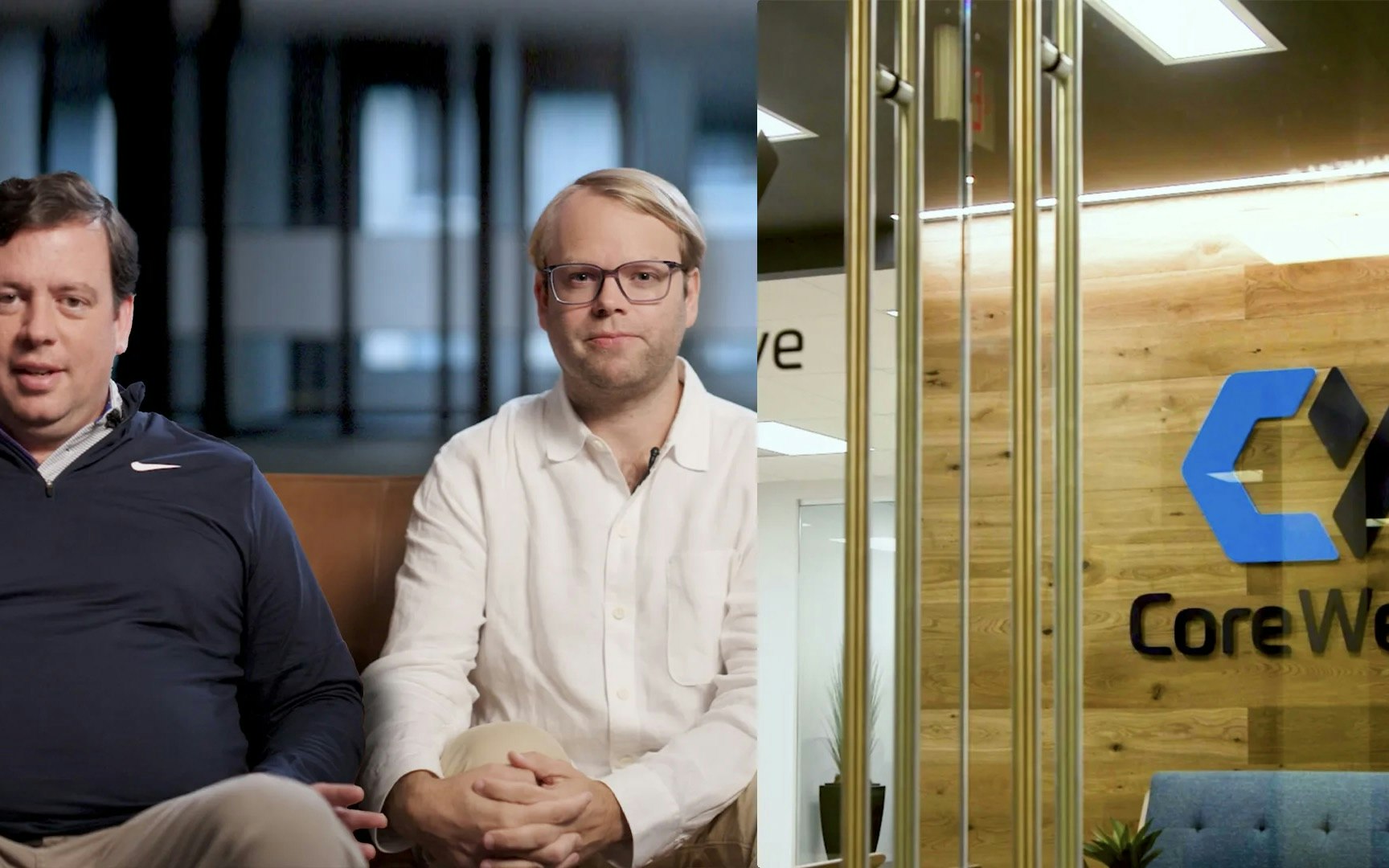AI
Critical Two Weeks: Setting the Direction for Germany's AI Future
German companies such as SAP, Siemens, and Aleph Alpha are seeking to influence the European AI Act, the success of which is still uncertain.

German companies such as SAP, Siemens, and Aleph Alpha are currently doing everything they can to influence the European AI Act. This legislative act for Artificial Intelligence (AI) is an attempt by the European Union to create rules for a rapidly developing technology. However, this attempt raises a number of conflicts and could ultimately even fail to be adopted as planned in 14 days.
But why are German companies such as Porsche, SAP, and Siemens calling for regulations on AI, even though they benefit from it themselves? And what could cause the negotiations around the AI Act to fail?
At the Handelsblatt AI Summit, Porsche's IT Chief Mattias Ulbrich made an urgent case for balanced regulation: "We need regulation in the field of artificial intelligence, but we must ensure balance so that innovations are not hindered." Jonas Andrulis, CEO of Aleph Alpha, Germany's leading AI startup, also warns of the possible consequences: "It could turn out in a way that is existential for us."
The AI Act is intended to regulate, among other things, the conditions under which AI can be developed and used, while at the same time protecting consumers. However, from the industry's perspective, overly strict regulations could endanger Germany's competitiveness in key technology. However, technological developments have outpaced regulatory discussions in Brussels over the past few months. Therefore, legislators are now trying to respond to the risks at an accelerated pace.
The fault line mainly runs along a central question: Should the AI Act also regulate AI base models? These models, which include large language models like OpenAI's GPT-4 and Aleph Alpha Luminous, enable machines to use natural language. According to the providers themselves, these models do not pose a risk on their own, which is why regulation should only begin with specific applications such as in healthcare or customer service.
Currently, in particular the EU Parliament is advocating for more comprehensive rules, which would also cover AI base models. With the so-called Two-Tier Approach, they would like to regulate powerful AI models by requiring providers to commission external service providers to test their systems for vulnerabilities. A controversial method, since according to AI developers like Aleph Alpha, security filters can only be implemented at the application level.
Germany's startup scene plays a special role in regulatory efforts, particularly Aleph Alpha and its French competitor Mistral. However, the governments in Berlin and Paris also place high hopes on their startups in the global tech race, fearing overregulation that would not be in their political interest. This could lead to well-capitalized tech corporations from the USA and China having an advantage, as they can more easily meet the high security requirements.
In a joint letter to the Federal Chancellery, the Federal Ministry for Economic Affairs and the Ministry for Digital Affairs, DAX-listed corporations SAP and Siemens as well as the SPD's Business Forum expressed concerns about potential overregulation. For instance, SAP is developing an AI assistant that automatically writes job descriptions using Microsoft technology. Consequently, the company requires access to basic models from various providers in order to act within legal boundaries.
The governments of Germany, France, and Italy have therefore released a so-called Non-Paper that addresses the concerns of the industry. According to this, basic models should only be subject to a code of conduct, but providers must make transparent how their models were trained in "Model Cards". However, the European Parliament reaffirms the demand for the regulation of basic models and is not alone in this regard. Numerous experts warn of the dangers that can arise from the use of Foundation Models.
The organization Algorithm Watch has therefore, together with the University of Amsterdam, made proposals for the amendment of the AI Act. These range from a mandatory assessment of the impact of the technology on human rights to guaranteed data access for researchers and civil society.
At the Federal Government's Digital Summit in Jena, Federal Minister for Economic Affairs Robert Habeck and Minister for Digital Affairs Volker Wissing also emphasized the enormous potential of AI. However, they also cautioned not to lose sight of the opportunities and stressed the need to continually adapt regulations without hindering the development of technology.
The European Union Wants to Seize the Opportunity to Set Global Standards for AI Regulation. However, Swift Action Is Required as the Council Presidency Will Change at the Turn of the Year and the European Elections Are Approaching in the Summer. The Opportunity to Create a Uniform Framework for AI Regulation Must Not Be Missed.







